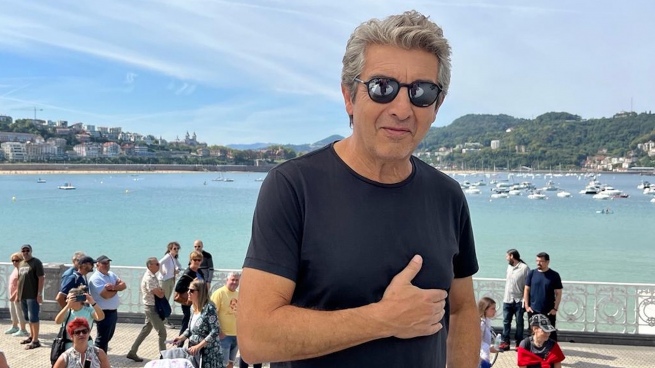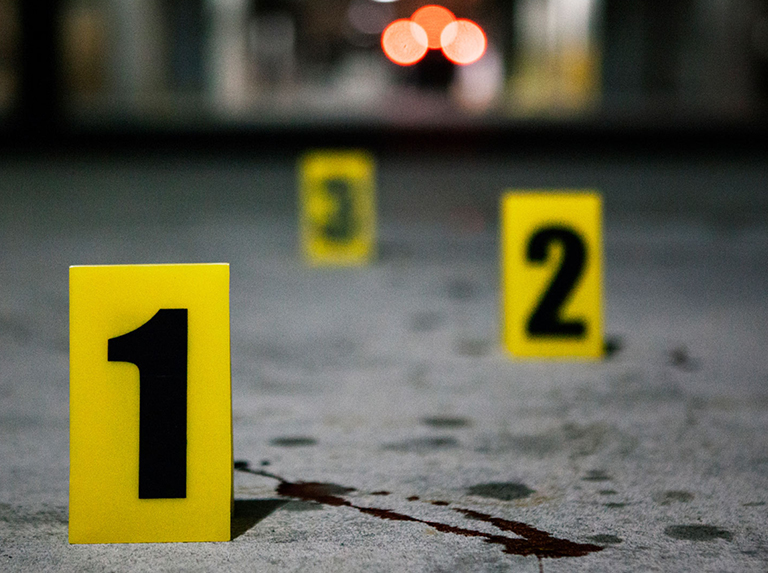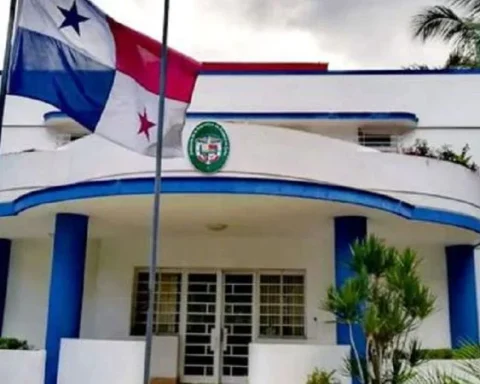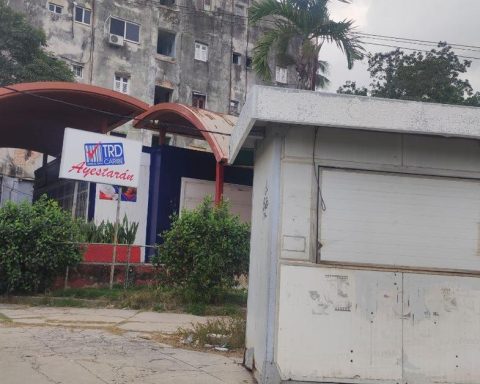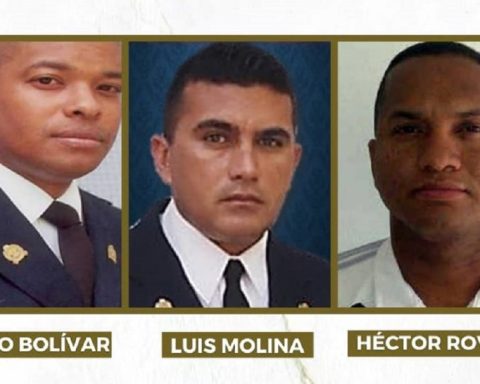With history as the foundation and the political thrilleror as a way of cinematographically narrating a decisive event for Argentina, such as the Trial of the Juntas for human rights violations during the last dictatorship, this Sunday is projected on the San Sebastian Festival the film “Argentina, 1985”, by Santiago Mitre, with Ricardo Darín in the role of the federal prosecutor Julio César Strassera, who was in charge of carrying out the accusation against the military.
“Playing Strassera filled me with honour, emotion and pride as the filming progressed,” Darín tells Télam on the terrace of the majestic Hotel María Cristina, where the stars from all over the world who come to the San Sebastian festival stay. , that “Argentina, 1985” quickly sold outturned into one of the unavoidable appointments of this edition.
Accurately recreating the period atmosphere and featuring a strong cast led by Darín, together with Peter Lanzani, Alejandra Flechner and Norman Briski, “Argentina, 1985” – which opens in Argentina on September 29 – conveys the tension that Strassera had to endure along with Luis Moreno Ocampo (Lanzani) and the rest of the young team that the prosecutor put together for the titanic task of demonstrating that the State terrorism had as a method torture, the disappearance of people, the appropriation of babies and summary execution.
“That a civil court could finally bring the actions of dictators to trial really meant something very important,” Darín recalls about that time, when he was 28 years old and was attentive to the development of the process.

-Darín, how was the experience of putting yourself in the shoes of a key figure in recent Argentine history?
-Playing Julio César Strassera is something that happened to me episodically and gradually, I was filled with honor, emotion and pride as the shooting progressed. Beyond everything he had researched and the information he had, having seen interviews with him and having the opportunity to listen to him and see how he spoke, how he related to others and perceive a certain acid and harsh sense of humor on his part , having met people who lived with him, who shared work with him and others, made him take on a dimension even closer to what he was as a person and his work.
-In 1985 you were 28 years old, how did you experience the Trial of the Boards, in what way did the process challenge you at this time?
-In 1985, in a very recent democracy, with a government with complications, above all of an economic nature, and lacking in real power, I think it happened to all of us, at least the young people of that time, to have great expectations, but it is also It is true that on the one hand, since it was not televised live, without audio and so on, the true enthusiasm began to grow as the days went by. That is, when it became known that the trial was indeed taking place and that all these people had put a lot of courage and courage into doing it.
-Faced with the divisions of the present, “Argentina, 1985” could be seen as the moment in our history when an almost unanimous consensus was reached starting with Strassera’s famous “Never Again”. Do you agree with that look?
-Yes, I can somewhat agree with that look, I don’t know if it is a unanimous or general consensus, but without a doubt, because of the inflated chest we were feeling from the recovery of democracy, these important decisions not only for our country, but For the entire world, that finally a civil court could bring the actions of dictators to trial, it really meant something very important, but it was palpitating slowly. That’s what I remember the most.
-Beyond the awards, the film was applauded in Venice and received very good treatment from the international press. Do you think it has a universality that is based on the search for justice?
-The reception of the film was really impressive for those of us who were lucky enough to be there, we experienced it firsthand and it exceeded all our expectations. One of the things that caught my attention the most is the large number of people from different countries and the reaction that took place during the entire screening was not only exciting, but also made it possible for one to coincide with this view of the universal representativeness of the search for justice and truth in a world plagued by subjugation and injustice. it will always be a flag that the whole world will embrace.

-How was the work with Mitre, what do you highlight about his look?
-The work side by side with Santiago began long before filming; He had the generosity, the openness to participate in his efforts on different issues, unknowns and I think we made a very fruitful path together, where we were gaining time in many things that later in the shooting we saw the result of him. Santiago is a very good director of actors, he is very clear about what he wants and that was noticeable throughout the filming. I add that if there is something that stood out from his gaze, not only from his, but from the script in general in which Mariano Llinás is a co-participant, it is in a really very accurate humanistic approach and gaze, which I particularly value very much. .
-In the film you have a fantastic back and forth with Peter Lanzani. What was it like building that relationship in fiction with him and the rest of the cast?
-With Peter the relationship is unbeatable, I already knew him before despite not having worked together, because he is a good friend of my son el Chino. I found an invaluable colleague, a really focused professional, very serious and very supportive. And with the rest of the cast it is unbeatable and with the accurate hand of Santiago, everything was very enjoyable. Especially in a case like this, where you have a story on your hands that has very heavy, very rough issues and the surrounding energy between the entire cast has to be positive.
-What does it mean to you that the film is screened in the Perlas de San Sebastián section? Because there you play local and without a doubt you are very popular, as in all of Spain.
-I am really very interested, very attentive and very expectant for what is going to be the presentation of the film in Spain through the San Sebastian Festival, because I know the people of the place very well, they have always received me and embraced me as one more of them and that is something that has created a relationship of familiarity between us that I appreciate and value very much. I am really looking forward to seeing what will happen to the people at the screening of the film, especially in San Sebastian.
-What are your expectations regarding the premiere in Argentina on September 29? Does this film have a different burden than others that had you as the protagonist?
-One can be full of expectations, uncertainties, anxieties and pretensions regarding what a sample of a work is, but especially in “Argentina, 1985”, my gaze was always focused on how this reaches young people, for many reasons: First, because it is reasonable to understand that for a generational issue it is something that generates a lot of expectation to see what their reaction is. My highest expectation is that the message of this film, which for me is profoundly humanistic, reaches the people as it should, the youngest, who are already building the future. I think that is what our beloved Argentina needs, that people have confidence in justice, that they have confidence in the future. And I think that goes brick by brick, with examples rather than speeches, and this film is an example. It is recovering a great example.
